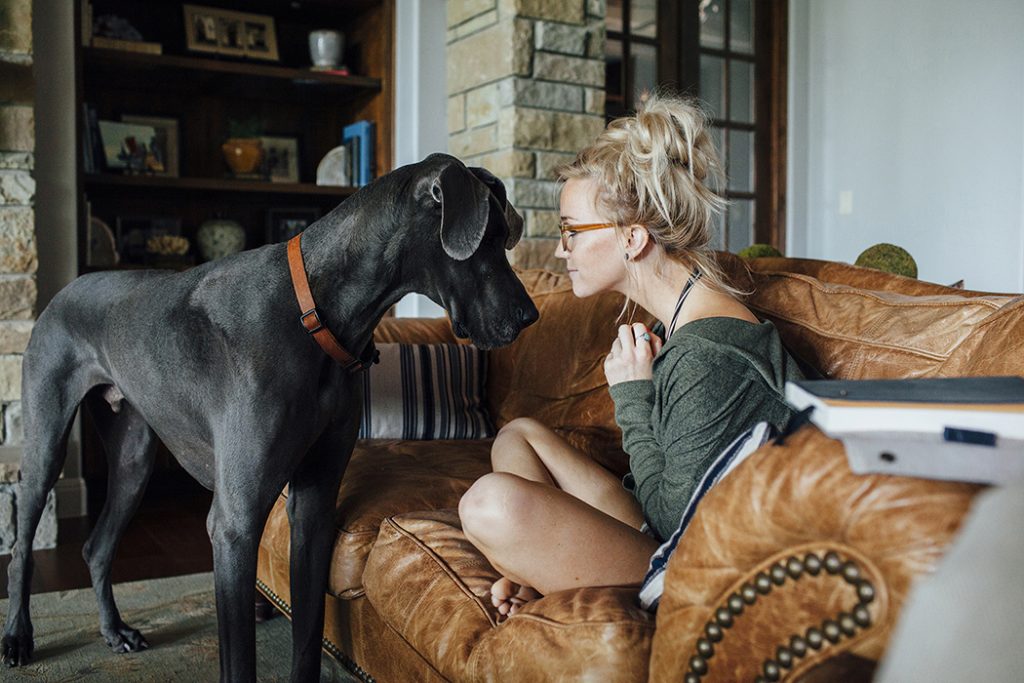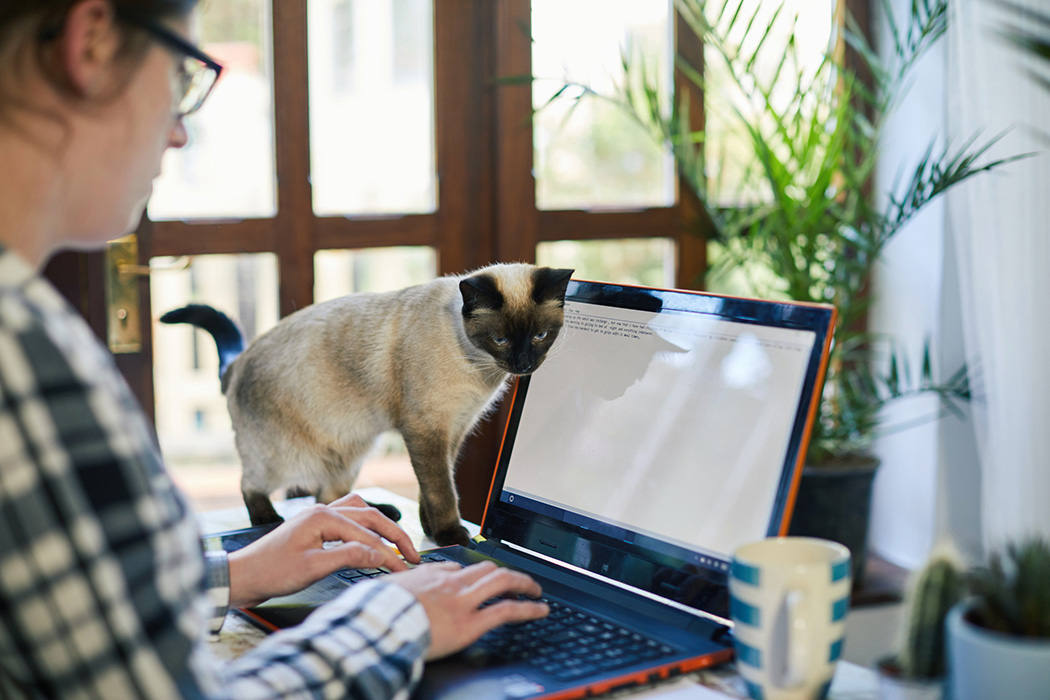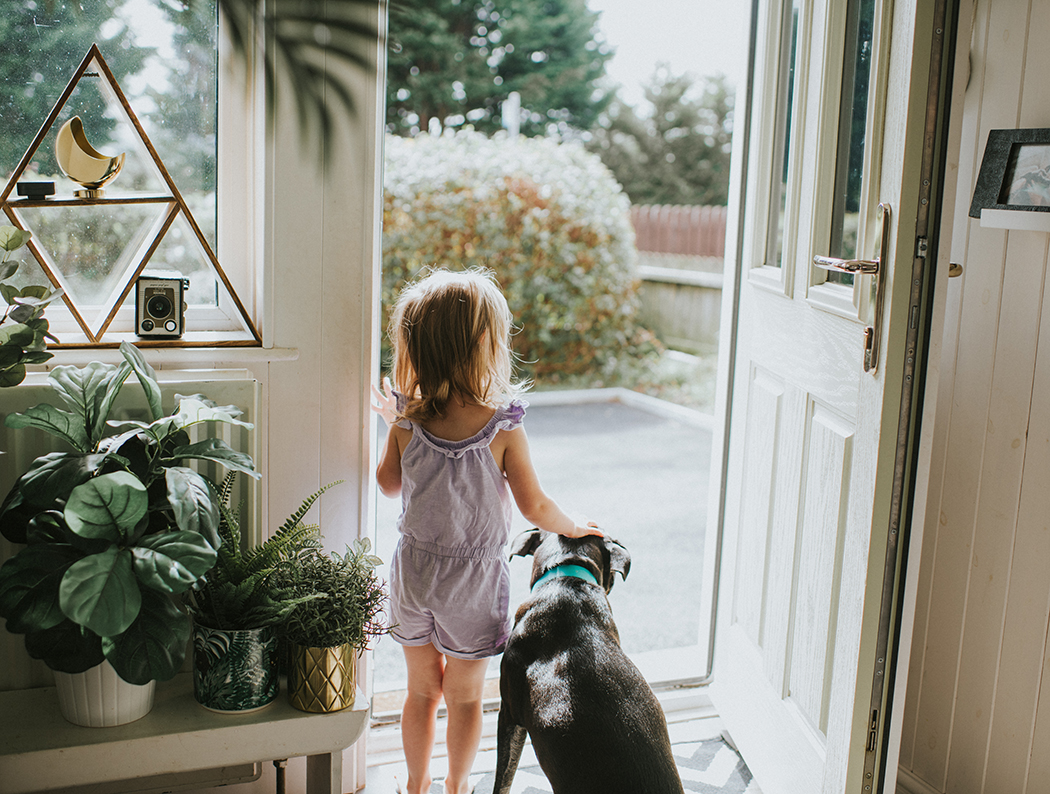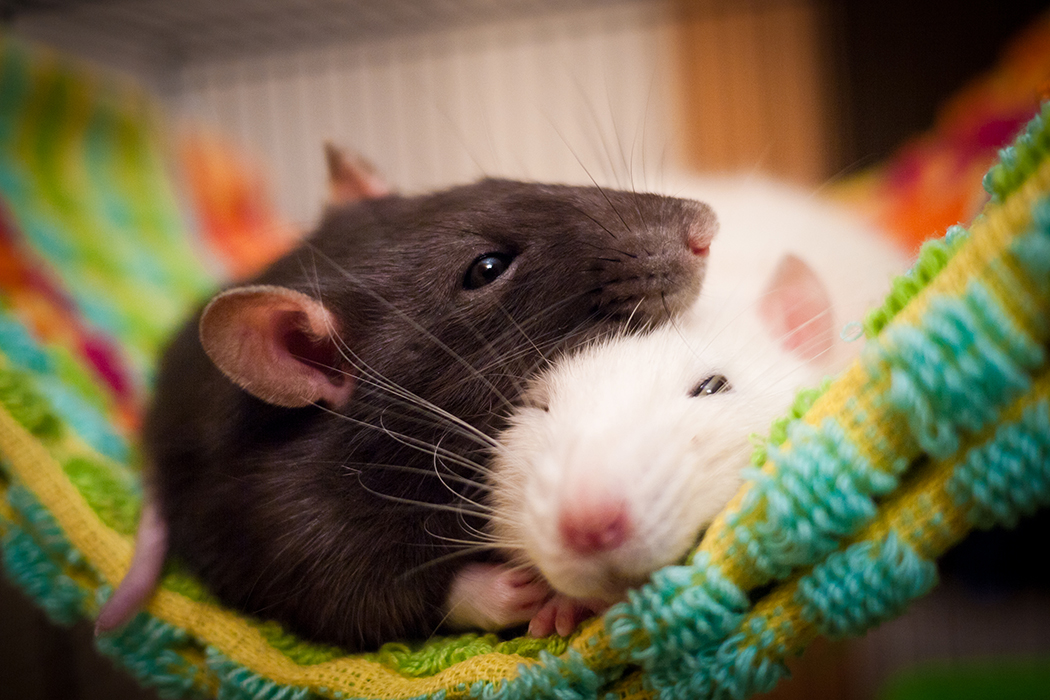
At some point in our lives, all of us will most likely have owned a pet. Whether it’s a cat, dog, fish, guinea pig, rabbit (or three) or something more exotic, there’s no doubt we are a nation of pet lovers. In 2019 it was estimated that 12 million (40% of) UK households have pets, with the most popular being cats and dogs.
A staggering 9 million dogs and just under 8 million cats share their home with us humans in the UK!*
As a result of the Coronavirus pandemic, this number will have significantly increased. With people stuck at home due to the lockdown and with many isolated and craving company, pet insurance providers say they have seen a 78% increase in people registering new animals.^
We know having a pet brings so many positives with it, but what happens if you’re looking to rent a home with your four-legged friend?
In this article we explain the guidance surrounding renting with pets, list the most frequently asked questions and provide answers to help those who may be thinking of moving into a rented property with their pet in tow.
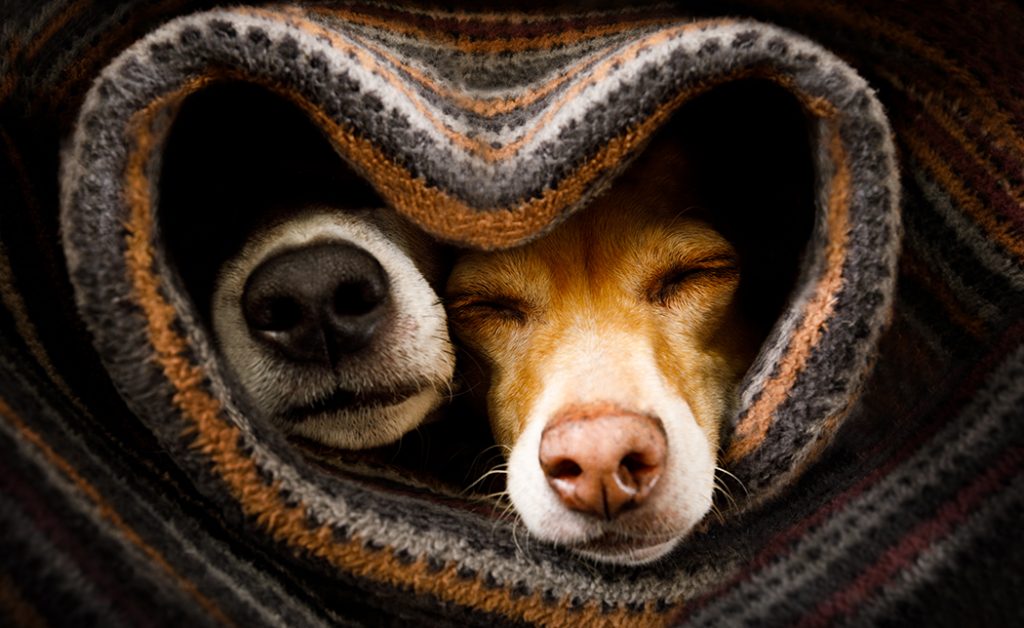
Pet owners and the Tenancy Agreement
Many landlords are open to tenants with pets, but historically this has been a bit of a grey area that has proved tricky for both tenants and landlords.
However, on the 4th January 2020, Housing Secretary Rt Hon Robert Jenrick MP, announced changes to the model Tenancy Agreement that would encourage more landlords to accept tenants with well-behaved pets. Robert Jenrick commented:
“Pets bring a huge amount of joy and comfort to people’s lives, helping their owner’s through difficult times and improving their mental and physical wellbeing. So it’s a shame that thousands of animal-loving tenants and their children can’t experience this because they rent their homes instead of owning property.”
This announcement is welcome news for pet-loving tenants, but understandably it hasn’t stopped us regularly receiving questions about pets when enquiries are made about renting a property.
Common questions we get asked by potential tenants about pets
Does renting with a pet impact on the length of the tenancy?
Renting with pets has no impact on tenancy length. This is more dictated by the suitability of the property for the pet and how conscientious the pet owners are for the duration of the lease.
Are there cost implications for renting with a pet?
Landlords can charge slightly more for allowing your pet to reside in the property with you, but legally this has to be stipulated clearly in all marketing material associated with the property so all parties are aware of the cost implications from the outset.
Does renting with a pet affect your contents insurance?
Home contents insurance often includes cover for accidental damages such as spillages and breakages, but typically excludes damage caused by pets so check with your provider before you move in that your pet is covered. Landlords may wish to consider taking out a Landlords Insurance Policy that will cover them for accidental damage caused to their property by your (the tenant’s) pet.
Does a landlord need to follow different regulations to accept pets into their rental property?
There are no official regulations as yet, but at Curchods Lettings we advise landlords to add clauses in the Tenancy Agreement to protect them against the pet potentially causing damage to the property and at the end of the tenancy we insist on full professional cleaning of the property, including all carpets and curtains.

